Prader-Willi Syndrome Research
Making Each Day a Better Tomorrow for Individuals Living with PWS.
Our Research Statement
Many of the world’s most renowned PWS researchers and clinicians are members of PWSA | USA’s scientific and clinical advisory boards. Together they dedicate thousands of hours yearly to enhance research, write educational materials, and provide consultation; nearly all the major breakthroughs in understanding and treating PWS have come from these pioneers and heroes. PWSA | USA has been supporting research since 1983 and remains committed to supporting future advancements and breakthroughs.
At PWSA | USA we work to integrate what we have learned about the needs of our families through our support programs — with research that we think will make an important and practical difference in the lives of those affected by PWS
Our Research Strategy
The current focus of PWSA | USA research is supporting projects that have the potential for immediate and high impact for the PWS community. Therefore, PWSA | USA will support research-based translational grants or those showing high promise for translating basic biomedical knowledge to clinical application. The goal is to fast-track better treatment for the syndrome.


PWS Clinical Trials
Learn which PWS clinical trials are currently recruiting.
Learn More
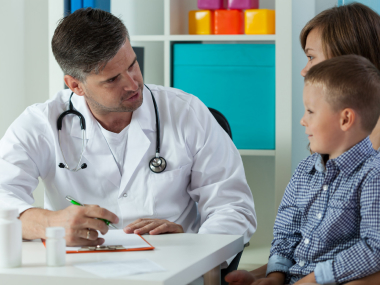
PWS Clinics
Find clinics that support PWS research and care.
Learn More
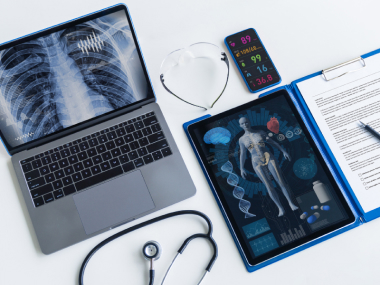
What is PWS?
Find more details about how Prader-Willi syndrome affects individuals.
Learn More
Request for Prader-Willi Syndrome Research and Mini-Fellowship Grant Applications

PWSA | USA is currently seeking research project applications with direct impacts on individuals and families affected by PWS. We are offering mini-fellowship grants to support providers in enhancing their understanding of PWS through clinical proctorships. Research priorities include expanding knowledge about PWS, applying therapies, and attracting new providers and investigators to the field. Funding opportunities include grants of up to $100,000 for 12 months, with potential renewal, smaller grants of up to $10,000, and mini-fellowships of up to $25,000. Applications and inquiries can be directed to Stacy Ward at sward@pwsausa.org or by calling (941) 312-0400. The deadline to submit a Letter of Intent is September 1, 2024, 5:00 p.m. EST. Click the button below to learn more and to read additional guidelines.
Post-Mortem Tissue Donation
As research into the biology of Prader-Willi syndrome (PWS) has become more sophisticated, studies on the postmortem human brain have become an increasingly important tool for understanding the neuropathology of the syndrome.
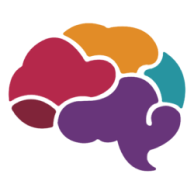
Autism BrainNet is a program of the Simons Foundation Autism Research Initiative (SFARI) that promotes innovative, high-quality research on postmortem brain tissue to improve the understanding of the biological causes of autism spectrum disorder (ASD) and related neurodevelopmental conditions.
We work with Autism BrainNet to promote a greater knowledge of neurodevelopmental conditions and brain tissue research, while ensuring the smoothest donation process for families during a very difficult time.
Studying postmortem brain tissue can lead to a better understanding of the cellular and molecular changes associated with ASD and related neurodevelopmental conditions in the human brain, as well as identify targets for new and effective treatments.
Autism BrainNet makes the donation process as simple as possible for every family. Donor families are treated with respect and compassion and provided with ongoing support. These are the steps involved in the process of brain donation to Autism BrainNet:
1. Call Autism BrainNet at 877-333-0999 for immediate assistance (optimally within 24 hours of the death of a loved one). If death is near, you can call Autism BrainNet to make plans for donation. Autism BrainNet’s staff is available 24/7 and will walk your family through the donation process.
2. Autism BrainNet coordinates brain recovery and transportation to their nearest site.
3. An Autism BrainNet clinician follows up with the donor family to schedule a video meeting or home visit to learn more about the donor.
There is no cost to families, and brain donation does not interfere with autopsy or funeral plans. Autism BrainNet’s staff can be contacted anytime to answer questions or concerns about the
brain donation process.
Pre-registration is not required to become a donor with Autism BrainNet. However, you can download and print the Intent to Donate Postmortem Brain Tissue for Research form and an Autism BrainNet Brain Donor Card to include in your preplanning documents.
Families are welcome to subscribe to the Autism BrainNet’s newsletter to receive program and scientific updates. To sign up, visit: autismbrainnet.org/newsletter.
Please copy and paste from the suggested messaging below.
For more information about Autism BrainNet and the donation process:
Call 1-877-333-0999 | Visit autismbrainnet.org | Email info@autismbrainnet.org
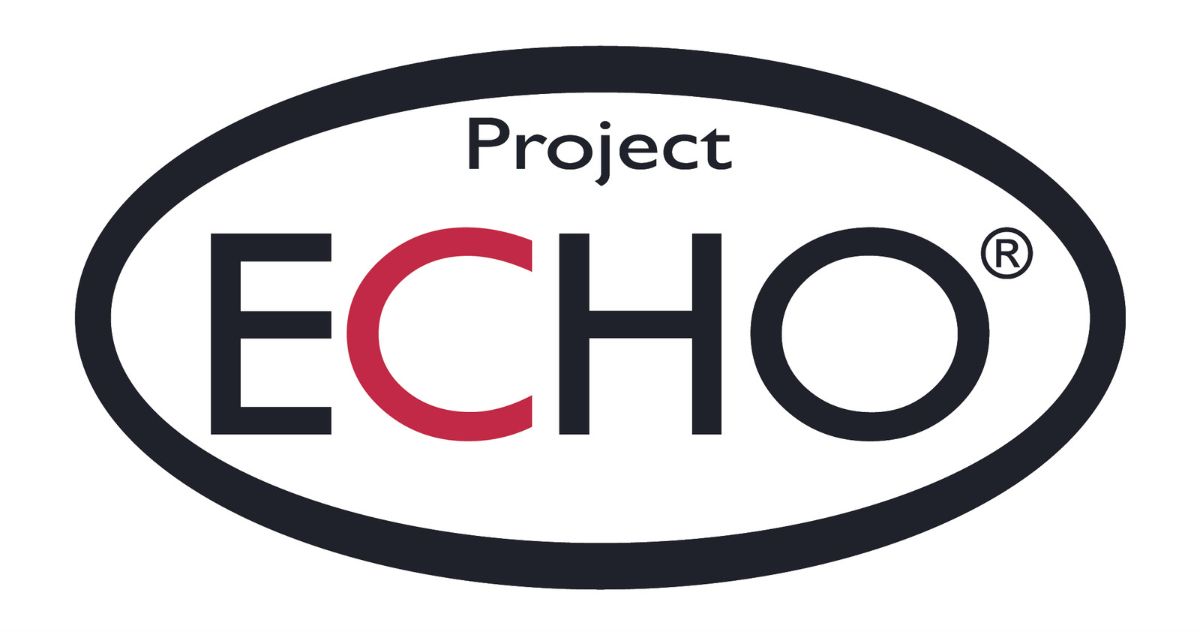
ECHO 4 PWS Health Care Provider Series
PWSA | USA is excited to announce the launch of our new Health Care Provider Project ECHO Series. We are proud to offer this opportunity to health care professionals who work with patients affected by Prader-Willi syndrome (PWS) and to be the first PWS organization to implement Project ECHO® in the United States.
PWS Registry
Register for the Global PWS Registry
The Global PWS Registry is a powerful tool for the PWS community to advance understanding of PWS, areas of unmet need, standards of care, and new therapies. Data from the registry is shared back to the PWS community and is also used by researchers and scientists. By participating, families of those with PWS become part of the research team, helping uncover trends in causes and diagnosis as well as new directions in therapies and treatment.

Articles of Interest
Find several PWS Articles of Interest across several categories, including genetics, brain imaging, growth hormones, sensory development, and physical more.
Visit our Blog
Request for Prader-Willi Syndrome Research Grant Applications
The Prader-Willi Syndrome Association | USA (PWSA | USA) is a nonprofit organization formed in 1975 to enhance the quality of life of those affected by Prader-Willi syndrome (PWS) through research, family support, and advocacy. The purpose of this request is to solicit applications for research projects whose findings will directly impact individuals living with […]
Prader-Willi Syndrome Clinical Scholarship Announcement
The Prader-Willi Syndrome Association | USA (PWSA | USA) is a nonprofit organization formed in 1975 to enhance the quality of life of those affected by Prader-Willi syndrome (PWS) through research, family support, and advocacy. We are proud to offer scholarships of up to $25,000 USD to support providers in enhancing their understanding of Prader-Willi […]
TREND Report: Gastrointestinal Issues in the PWS Community
TREND Community released its latest report on Gastrointestinal Issue in the PWS Community. This report expresses some of the most common topics involving GI issues, including constipation and bowel movements, vomiting/spitting up/gagging, prune juice and other foods, reflux, and community support. This report looked at the conversations to determine different emotions in relation to GI […]

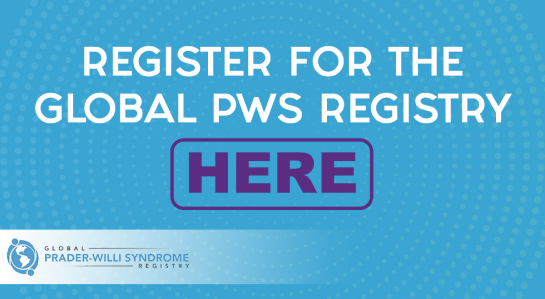
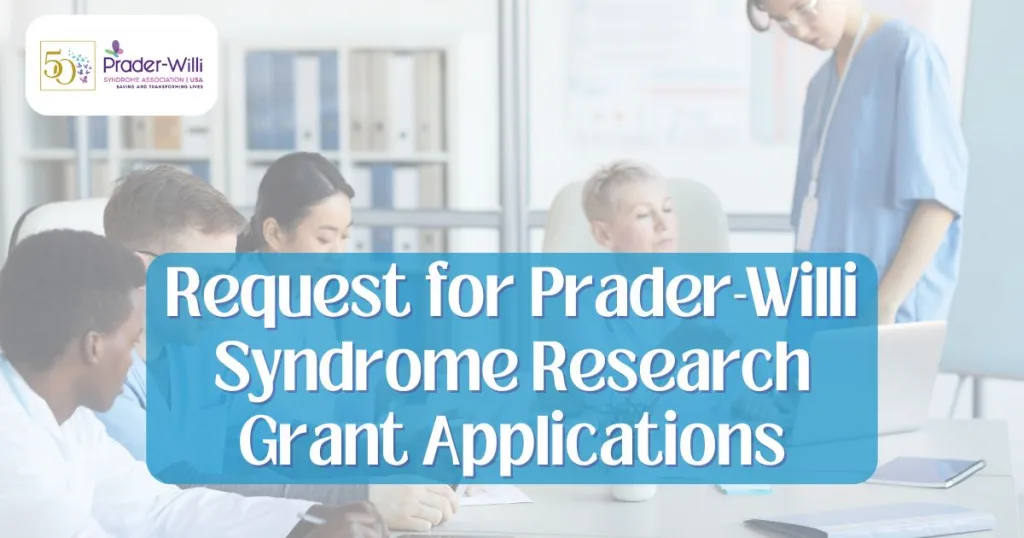
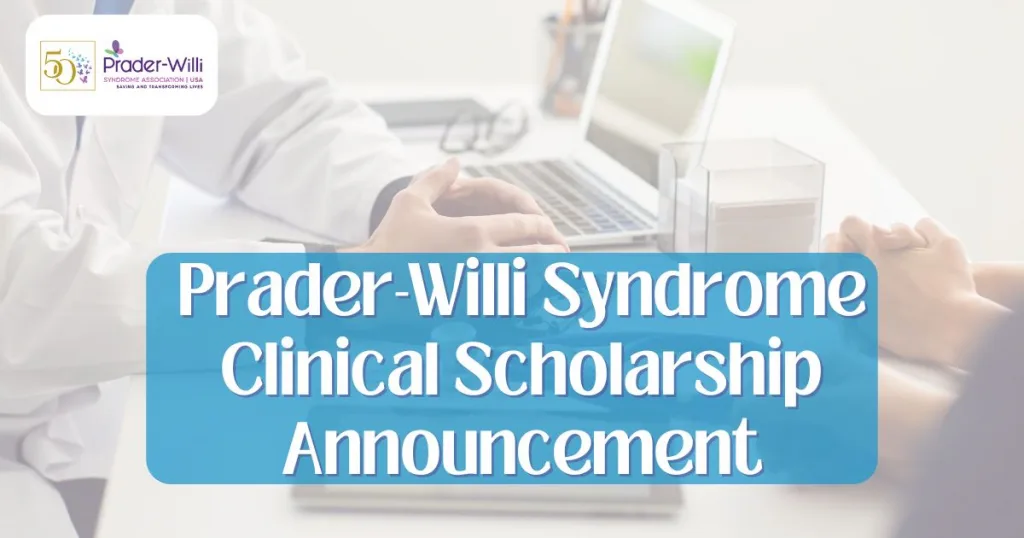
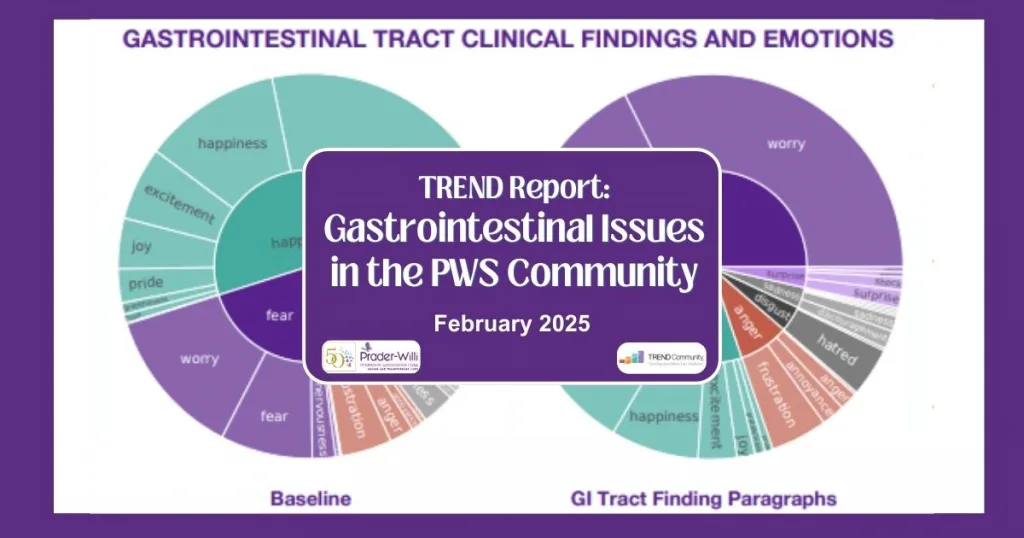
 Jennifer Bolander has been serving as a Special Education Specialist for PWSA (USA) since October of 2015. She is a graduate of John Carroll University and lives in Ohio with her husband Brad and daughters Kate (17), and Sophia (13) who was born with PWS.
Jennifer Bolander has been serving as a Special Education Specialist for PWSA (USA) since October of 2015. She is a graduate of John Carroll University and lives in Ohio with her husband Brad and daughters Kate (17), and Sophia (13) who was born with PWS. Perry A. Zirkel has written more than 1,500 publications on various aspects of school law, with an emphasis on legal issues in special education. He writes a regular column for NAESP’s Principal magazine and NASP’s Communiqué newsletter, and he did so previously for Phi Delta Kappan and Teaching Exceptional Children.
Perry A. Zirkel has written more than 1,500 publications on various aspects of school law, with an emphasis on legal issues in special education. He writes a regular column for NAESP’s Principal magazine and NASP’s Communiqué newsletter, and he did so previously for Phi Delta Kappan and Teaching Exceptional Children. Evan has worked with the Prader-Willi Syndrome Association (USA) since 2007 primarily as a Crisis Intervention and Family Support Counselor. Evans works with parents and schools to foster strong collaborative relationships and appropriate educational environments for students with PWS.
Evan has worked with the Prader-Willi Syndrome Association (USA) since 2007 primarily as a Crisis Intervention and Family Support Counselor. Evans works with parents and schools to foster strong collaborative relationships and appropriate educational environments for students with PWS. Dr. Amy McTighe is the PWS Program Manager and Inpatient Teacher at the Center for Prader-Willi Syndrome at the Children’s Institute of Pittsburgh. She graduated from Duquesne University receiving her Bachelor’s and Master’s degree in Education with a focus on elementary education, special education, and language arts.
Dr. Amy McTighe is the PWS Program Manager and Inpatient Teacher at the Center for Prader-Willi Syndrome at the Children’s Institute of Pittsburgh. She graduated from Duquesne University receiving her Bachelor’s and Master’s degree in Education with a focus on elementary education, special education, and language arts. Staci Zimmerman works for Prader-Willi Syndrome Association of Colorado as an Individualized Education Program (IEP) consultant. Staci collaborates with the PWS multi-disciplinary clinic at the Children’s Hospital in Denver supporting families and school districts around the United States with their child’s Individual Educational Plan.
Staci Zimmerman works for Prader-Willi Syndrome Association of Colorado as an Individualized Education Program (IEP) consultant. Staci collaborates with the PWS multi-disciplinary clinic at the Children’s Hospital in Denver supporting families and school districts around the United States with their child’s Individual Educational Plan. Founded in 2001, SDLC is a non-profit legal services organization dedicated to protecting and advancing the legal rights of people with disabilities throughout the South. It partners with the Southern Poverty Law Center, Protection and Advocacy (P&A) programs, Legal Services Corporations (LSC) and disability organizations on major, systemic disability rights issues involving the Individuals with Disabilities Education Act (IDEA), Americans with Disabilities Act (ADA), and the federal Medicaid Act. Recently in November 2014, Jim retired.
Founded in 2001, SDLC is a non-profit legal services organization dedicated to protecting and advancing the legal rights of people with disabilities throughout the South. It partners with the Southern Poverty Law Center, Protection and Advocacy (P&A) programs, Legal Services Corporations (LSC) and disability organizations on major, systemic disability rights issues involving the Individuals with Disabilities Education Act (IDEA), Americans with Disabilities Act (ADA), and the federal Medicaid Act. Recently in November 2014, Jim retired.